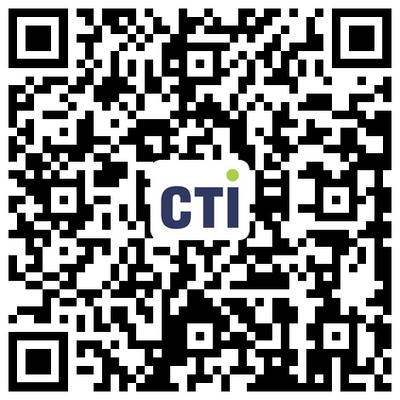-
 Overview
Overview
Centre Testing International Group Co., Ltd. (CTI) is a market leader in testing, inspection, certification, calibration, audit, training & technical services; building trust between governments, enterprises, and consumers.
-
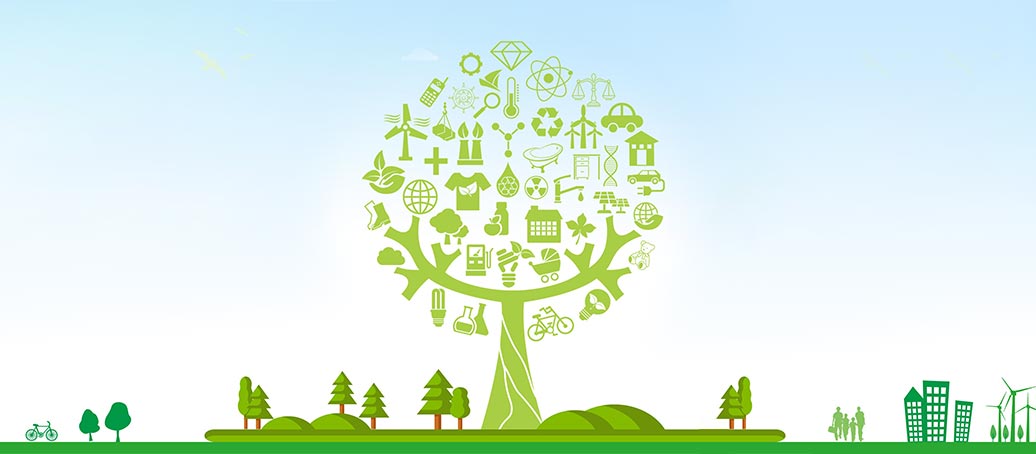 Sustainability
Sustainability
By building a full value chain ESG governance system covering the strategic decision-making level, management execution level and business operation level, it actively practices penetrating management of ESG risk and opportunities, empowering sustainable development across the industry chain.
-
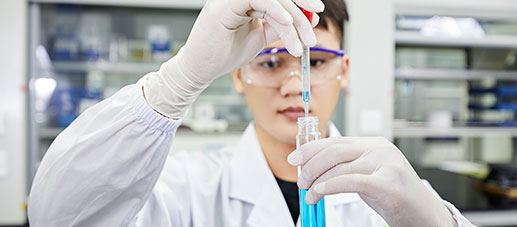 Our service
Our serviceCentre Testing International Co., Ltd. (CTI) is the pioneer and leader in the TIC Industry which provides one-stop solutions on testing, inspection, certification, calibration, audit, training & technical services.
-
By Industry
Our service capabilties cover the upstream and downstream of the supply chain including textile and apparel,toys,electronic appliances,medical health,food...andother industries.
-
 Environment
Environment
-
 Raw Material & Fuel Chemicals
Raw Material & Fuel Chemicals
-
 Textiles, Apparel, Footwear & Accessories
Textiles, Apparel, Footwear & Accessories
-
 Food & Agricultural Products
Food & Agricultural Products
-
 Cosmetics, Personal Care & Household Chemicals
Cosmetics, Personal Care & Household Chemicals
-
 Building Materials&Construction Engineering
Building Materials&Construction Engineering
-
 Electronic & Electrical Appliances
Electronic & Electrical Appliances
-
 Toys, Furniture & Home Decoration
Toys, Furniture & Home Decoration
-
 Industrial Equipment & Manufacturing
Industrial Equipment & Manufacturing
-
 Rail & Aviation
Rail & Aviation
-
 Automotive & Spare Parts
Automotive & Spare Parts
-
 Pharma and Medical Services
Pharma and Medical Services
-
 Maritime Vessel Compliance Testing
Maritime Vessel Compliance Testing
 By Industry
By IndustryOur service capabilties cover the upstream and downstream of the supply chain including textile and apparel,toys,electronic appliances,medical health,food...andother industries.
-
-
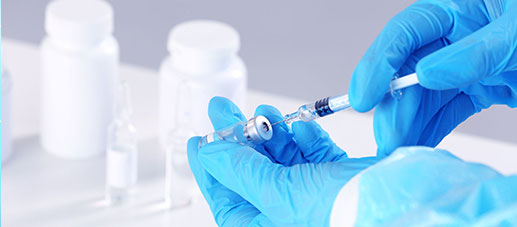 Specialty
SpecialtyComprehensively guarantee quality and safety, promote compliance and innovation, demonstrate brand competitiveness, and achieve higher quality, healthier, safer, and greener sustainable development.
-
 Management
ManagementWe have established a clear governance structure in accordance with listing requirements and national regulations and policies to deal with internal and external challenges and achieve sustainable development.
-
 Information DisclosureWe are committed to establishing normal and effective two-way communication with shareholders and investors. We have established a complete information disclosure mechanism to convey information to shareholders in a timely manner.
Information DisclosureWe are committed to establishing normal and effective two-way communication with shareholders and investors. We have established a complete information disclosure mechanism to convey information to shareholders in a timely manner.
-
 Talents Policy
Talents PolicyEnsuring the basic rights and benefits of employees;
Providing professional skills training to promote employees’ growth;
Carrying out various kinds of activities to balance employees’ work and life.
-
 RecruitmentWelcome to join CTI family! We are providing a platform for you to show your talents and achieve your career aspiration.
RecruitmentWelcome to join CTI family! We are providing a platform for you to show your talents and achieve your career aspiration.
In Japan, the Ministry of Health, Labor, and Welfare (MHLW) has established specifications for various food contact materials and their raw materials. Japan is also developing a positive list of substances or materials that are permitted for use in manufacturing food contact materials or articles. Food contact products exported to Japan should meet both of them.
In Korea, the Ministry of Food and Drug Safety (MFDS) has established standards and specifications for various food contact materials and their raw materials.

◉ Service Content
Ⅰ. Applicable products
Tableware: knives and forks, bowls, chopsticks, spoons, cups, saucers, etc.;
Kitchen utensils: pots, spatulas, cutting boards, stainless steel kitchen utensils, etc.;
Food packaging containers: various food packaging bags, beverage and food containers, etc.;
Kitchen small appliances: coffee machine, juicer, blender, electric kettle, rice cooker, oven, microwave, etc.
Ⅱ. Normal sample quantity
Different products require different sample quantities, please contact CTI online customer service.
The following sample quantity is available for reference: plastic products 2000cm2. Stainless steel and other metal products 100cm2. Ceramic products 2 articles. Glass and enamel products are the same as ceramic products. Paper products 1800cm2+100g. Coating samples 1500cm2. Silicone and rubber products 1000cm2.
Ⅲ. Regulations and standards
Specifications and Standards for Foods, Food Additives, etc.(Japan,JFSL 370)
Standards and Specifications for Utensils, Containers and Packages(Korea,MFDS)
Ⅳ. Test items
Common items include overall migration, evaporation residue, potassium permanagate consumption, heavy metal (as Pb), phenol (elution), formaldehyde (elution), etc.
◉ CTI Solutions
Japanese food contact materials testing;
Korean food contact materials testing;
Food contact materials consulting and training services.
◉ Our Advantages
We have many advanced equipments and have passed CMA/CNAS qualification accreditation, the test datas are accurate and reliable, and the test reports have international credibility.
Our technical experts have rich practical experience and can provide professional, rapid and comprehensive one-stop service.
We have a scientific laboratory information management system to ensure the efficient operation of each service link.
Our service network is spread all over the world, and we are the designated cooperation laboratory for many well-known brands.
◉ Service Process
Consult customer service → confirm the test plan → fill out the application form → send samples → pay the test fee → test → send report and invoice
◉ Frequently Asked Questions
1. How long is the test cycle? Can it be expedited?
The normal cycle is 5-7 working days. If you need urgent, please contact CTI online customer service.
2. Does the Japanese positive list need to be tested?
Japanese positive list is mainly used to check whether the raw materials and corresponding additives of synthetic resins are in the list of substances published by the Ministry of Health, Labour and Welfare, not to test the substances in the list.
Companies need to clearly know the formula substances of synthetic resins in order to confirm whether the resin meets the requirements of Japan's positive list.
Metal products, glass products, ceramic products, and paper products are not subject to the positive list.


















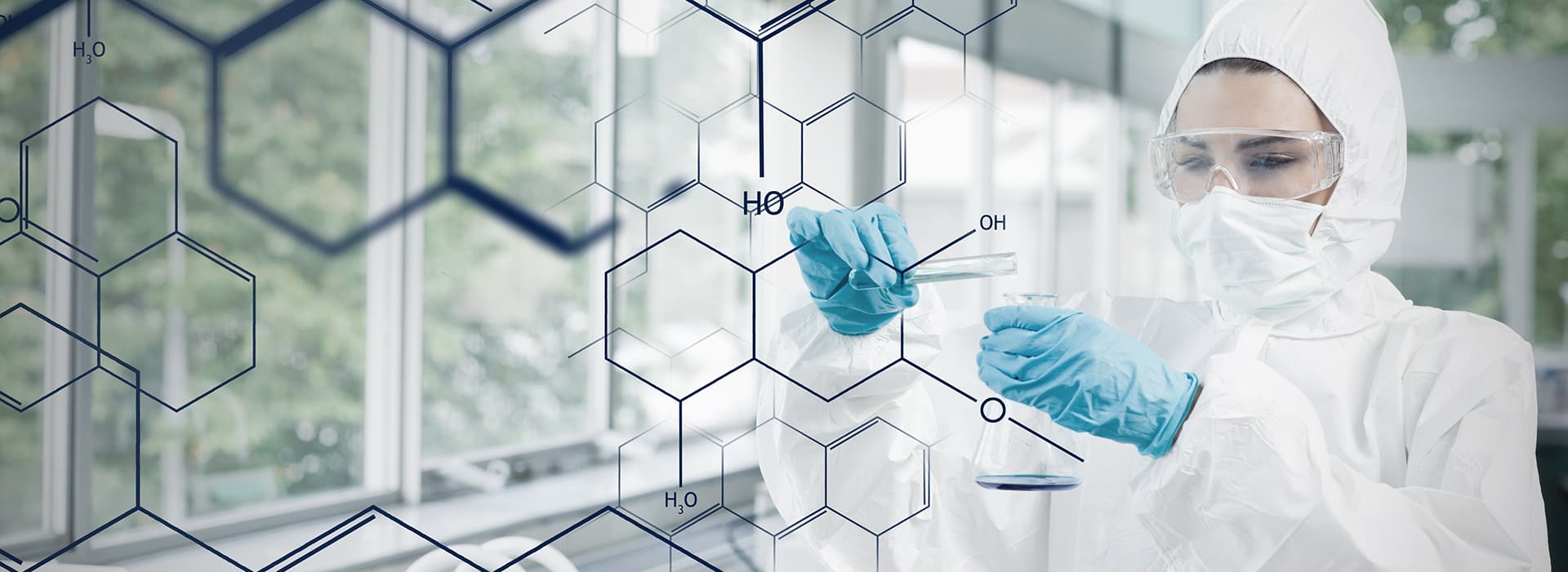



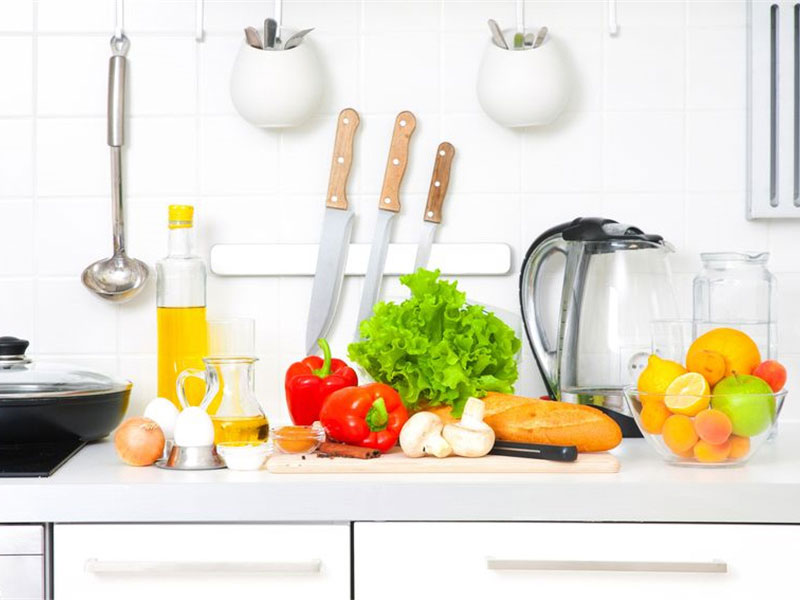

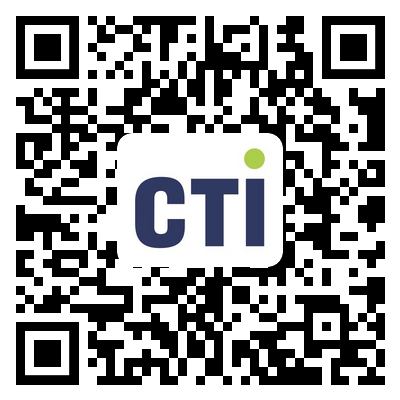
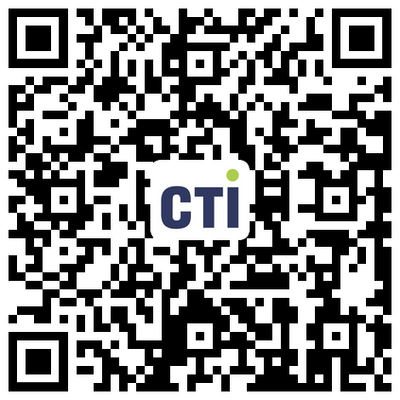
 粤公网安备 44030602000441号
粤公网安备 44030602000441号